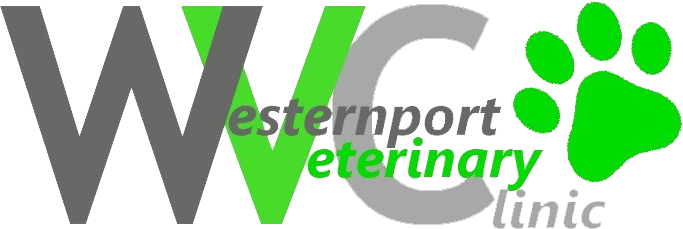Veterinary Acupuncture
Acupuncture is the insertion of needles into specific points on the body to produce a healing response. Each point has specific actions when stimulated. This technique has been used for thousands of years to treat many conditions and is also used as preventative medicine.
Acupuncture is used all around the world for many different conditions in every species of animal. Clinical research has shown positive results in the treatment of humans and animals and the use of acupuncture for treatment and prevention is increasing. It does not cure all diseases but works well when indicated either alone or more commonly in combination with traditional Veterinary medicine.
The basis of acupuncture is to restore homeostasis in the body. Traditional Chinese medicine works on the basis that disease occurs because of an imbalance in the body. This balance can be restored by stimulating certain acupuncture points to restore more normal function. Acupuncture has many physiological effects that can change blood pressure, alter endorphin and cortisol release, block pain, change white cell counts and stimulate nerves as well as cause local tissue responses. Many of the physiological responses that acupuncture causes have been studied but there are many that also have not. Meridian lines are the “channels” that acupuncture points are located on and they run primarily along fascial planes between the body and the limbs. Stimulating a point on the channel is enough to have an effect over the whole channel so by using these meridian lines we can choose points close to the problem or further away– for example to treat an eye condition it is unlikely that placing needles near the eye will be tolerated, so using a point on the same channel, for example on the back foot rather than around the eye itself will still be effective and well tolerated.
Acupuncture modulates the nervous system to relieve pain by releasing endogenous endorphins and blocking the transmission of pain through the spinal cord. It can be used alone or in conjunction with Western medicine. It is a great option for animals that have concurrent organ disease where medications are risky or side effects are likely or where other modalities of treatment are not improving the quality of the animal’s life.
How safe is Acupuncture?
Acupuncture is one of the safest forms of medical treatment for animals when administered by a properly trained Veterinarian. It should not be administered without a proper diagnosis and without ongoing assessment. Side effects are rare but the most common side effect is lethargy for 24 hours however this is usually followed by an improvement in the animal’s condition.
A Veterinary Acupuncturist should have these two criteria:
• Should be a licensed Veterinarian
• Should have formal training in the practice of Veterinary Acupuncture
Is it painful?
Acupuncture is different to dry needling (and less painful) in that you don’t usually put a needle in a sore/painful area. There is very occasionally value in this but usually we are working around sore areas. Acupuncture can cause a local sensation so monitoring animals while the needles are in is important.
What can Acupuncture help with?
1. Pain – Acupuncture is very good at helping to treat pain both acutely and chronically:
Musculoskeletal disorders
Nerve pain
Intervertebral Disc disease
Spinal conditions
Arthritis
Surgical recovery
2. Imbalances in the body –
Urinary tract disorders such as Cystitis
Upper respiratory tract problems – feline asthma, Cat Flu
Immune system problems,
Allergic skin disease
Gastrointestinal disorders
3. Scars and lick granulomas
4. Palliative care
What doesn’t it treat?
Degenerative Myelopathy as a primary disease however if there is underlying arthritis/ other condition acupuncture may help slow the process.
There is increased difficulty in establishing effect with multiple disease processes going on.
How long and how many treatments:
It is expected that acute conditions (Injuries, post trauma or surgery) will require frequent treatments over the first week or two then should not require ongoing treatments if the process is recoverable
Long standing/chronic conditions (eg. arthritis) will require more regular treatments at weekly intervals initially but over time they will be able to be spaced out further for maintenance.
Often a response is seen after 2-3 treatments for chronic problems and earlier for acute problems. Acupuncture needles need to be in for the time that they hold for - sometimes they are in for 30 minutes and sometimes they are in for less than a minute.
Dr Abbey Scott is available for Acupuncture appointments at Westernport Veterinary Clinics
Initial consult requires 60 minutes
Second further treatments require 30 minute consultations
